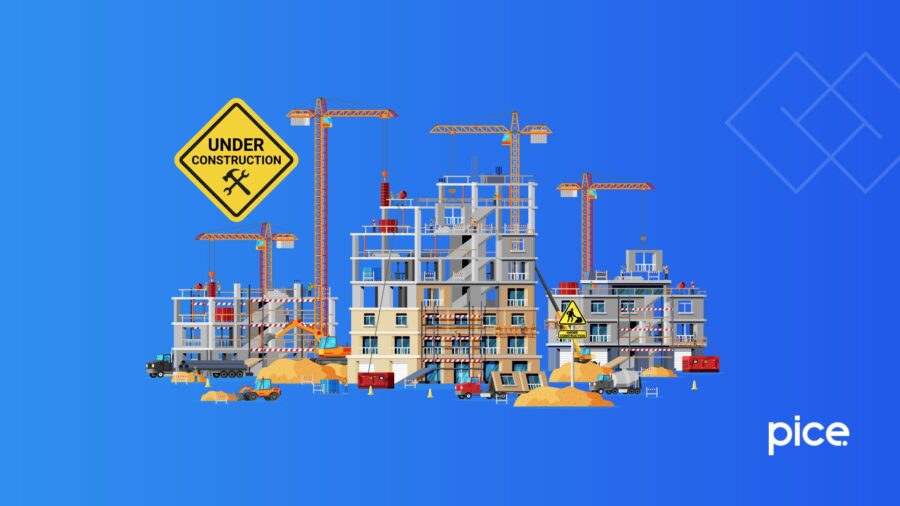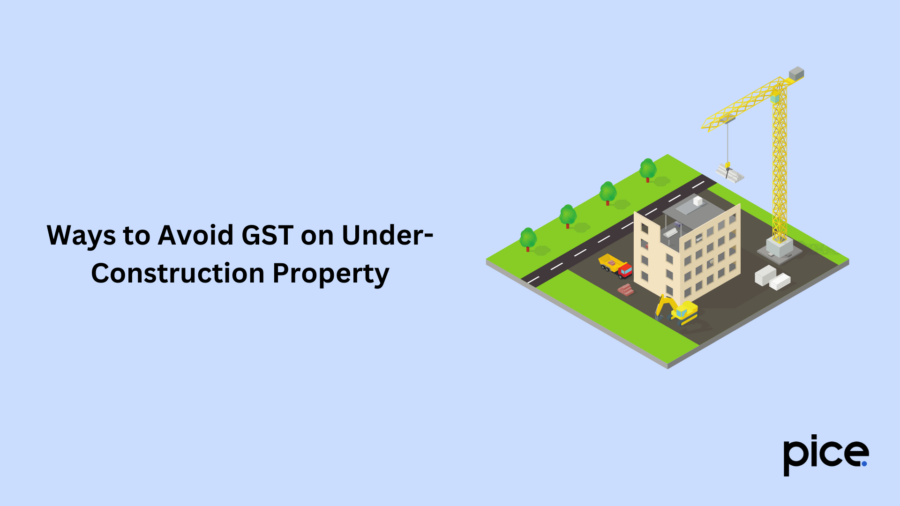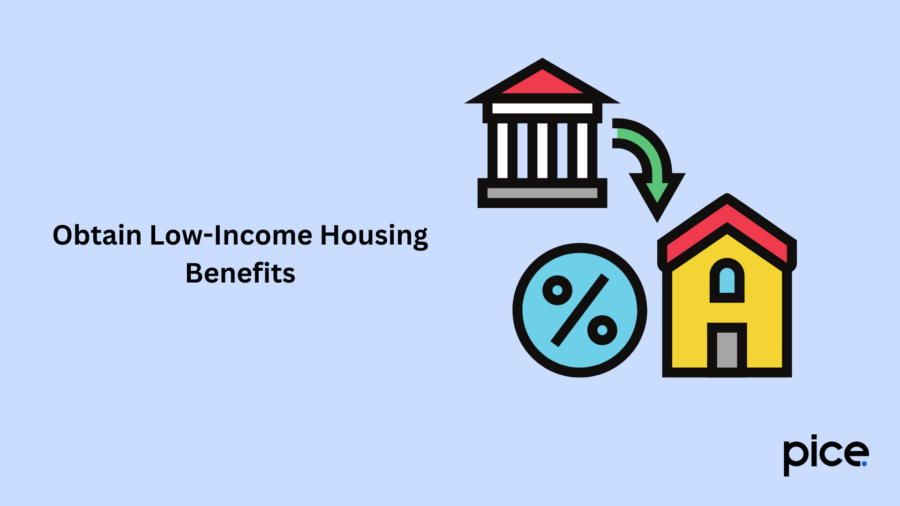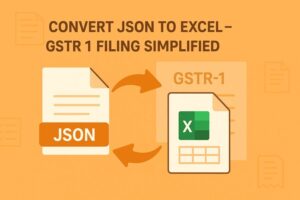How to Avoid GST on Under-Construction Property?
- 22 Oct 24
- 6 mins

How to Avoid GST on Under-Construction Property?
Key Takeaways
- Buy Ready-to-Move-In Properties to avoid GST entirely.
- Choose Secondary Market Purchases to skip additional GST.
- Use Affordable Housing Schemes for reduced GST rates and subsidies.
- Joint Development Agreements can help reduce GST but need careful review.
- Claim Transitional Credit to lower GST if previous taxes were paid.
The current GST rate for under-construction properties as of April 1st, 2019 is 5% for regular housing without Input Tax Credit, 1% for affordable housing without tax on Input Credit and the commercial property GST stands at 12% with ITC. However, if the homebuyers purchase apartments at a reduced rate (either 1% or 5%), the ITC will not be applicable and the output tax liability will be settled solely in cash.
These laws of GST can make it extremely challenging for homebuyers to stick to their budget when purchasing a house. In such scenarios, they can take some smart steps to minimise or avoid the GST burden on the purchase of an under-construction property.
This blog serves as a detailed guide on how to avoid GST on under-construction property.
Ways to Avoid GST on Under-Construction Property

Understanding how to avoid GST on under-construction properties can help you save money during your next property purchase. Here's how you can do the same:
Select Properties That Are Ready to Move into
One of the best ways in which under-construction property buyers can avoid GST is by purchasing ready-to-move-in flats. As per the provisions of GST, homebuyers will not have to pay taxes on the purchase of flats that have a completion certificate and are ready for possession.
This is so because as per the GST laws, taxes are levied on the supply of goods and services. Since the supply has already taken place before the implementation of GST laws. Aside from this, they get other benefits, such as immediate possessions and freedom from project delays.
Secondary Market Purchase
Another way in which you can save yourself from the payment of GST on flats is by purchasing an under-construction property from the secondary market. This implies that if a property owner resells their house, they must have already settled the applicable GST with the developer.
This saves you from the additional tax burden when repurchasing the property. You can also reap additional benefits from purchasing resale properties which include a shorter waiting period, potential price negotiation and the accessibility to fully constructed units.
Obtain Low-Income Housing Benefits

The Indian government introduced various schemes such as Pradhan Mantri Awas Yojana (PMAY), that allow affordable housing properties to residents. Houses under this scheme are classified as affordable housing.
Hence, as per the provisions for GST, the tax rate on affordable housing is lower than the standard tax rate in the case of under-construction flats. Additionally, homebuyers who qualify under this scheme can take advantage of credit-linked subsidies and tax benefits by opting for an affordable housing project.
Cooperative Development Agreements
In certain scenarios, the landowners and real estate developers enter into a joint development agreement, according to which developers can get ownership of the property in exchange for developing the project.
The construction firms structure projects in a manner to reduce the overall GST liability of a homebuyer. However, these types of projects can involve various complications. Hence, homebuyers should examine the agreement and GST on property prices carefully before proceeding.
Transitional Credit
Transitional credit applies to homebuyers who have paid various indirect taxes, such as VAT, service tax and so on, for the purchase of property before the introduction of GST. These categories of homebuyers are eligible to claim transitional credit for the taxes they incurred under the old tax regime.
Upon doing so, the tax amount is deducted from their overall GST liability. However, to successfully claim transitional credit, homebuyers must fulfil specific conditions and adhere to a defined procedure under GST.
Conclusion
Once you know how to avoid GST on the under-construction property, you can take the necessary steps to reduce your taxes considerably. However, make sure to seek help from a property expert, tax expert or chartered accountant who can guide you through the steps and procedures in the real estate sector such that you do not make any mistakes.
In addition, you can consider buying a ready-to-move-in property to eliminate the excess GST burden and tax consultant charges
💡If you want to streamline your payment and make GST payments, consider using the PICE App. Explore the PICE App today and take your business to new heights.
 By
By 

















